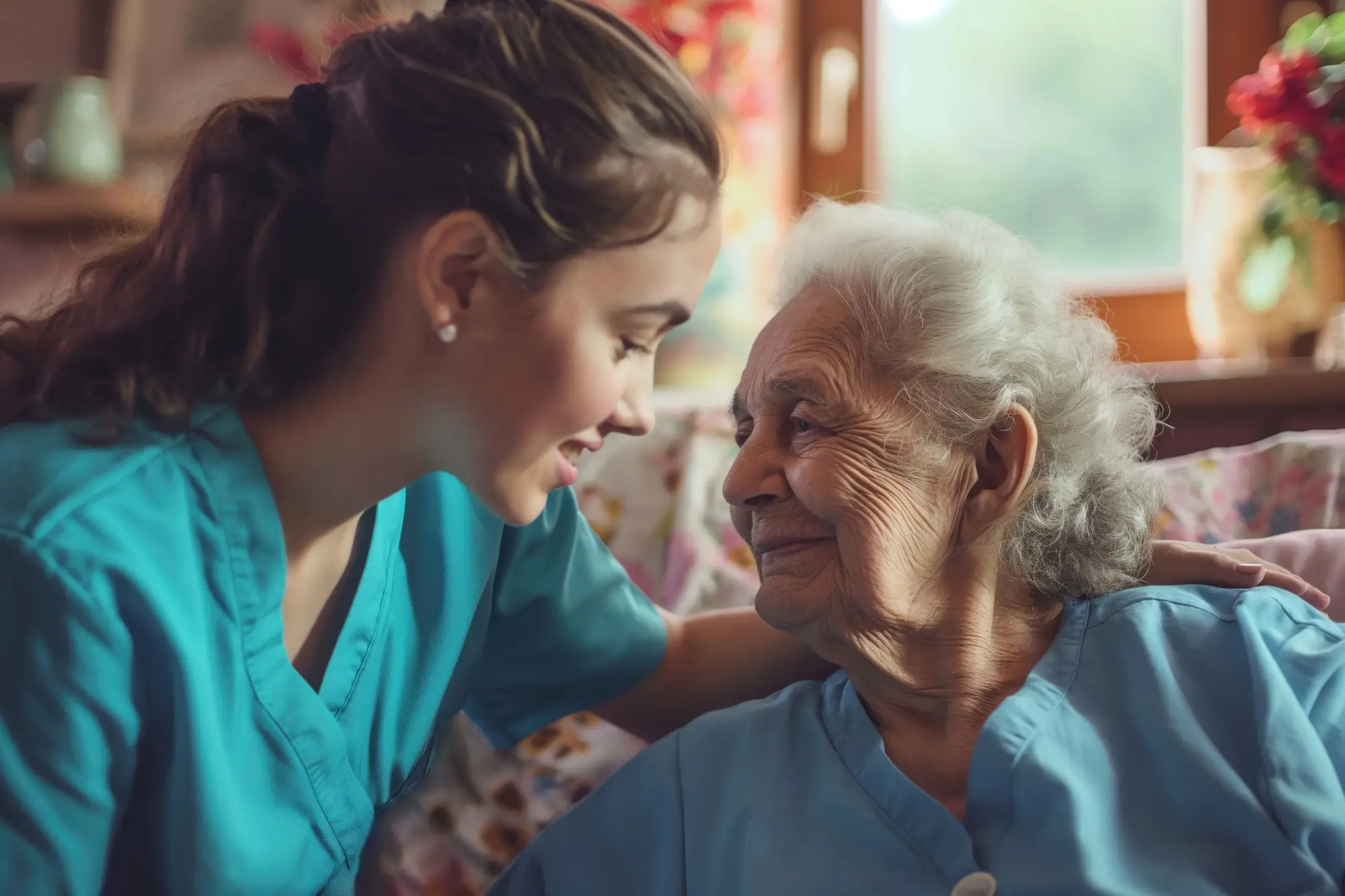8 Signs Your Loved One Might Need Home Care Support
09/10/2025

A Guide from CareChoice for Families Unsure When to Seek Help
Families from Philadelphia to Dallas and beyond often ask—when’s the right time to get help at home? Here are the most common early warning signs that your loved one may benefit from non-medical in-home care.
At CareChoice, we talk to families every day who are trying to figure out when it’s the right time to get help at home. The truth is, the decision isn’t always obvious—especially when you’re caring for a parent or loved one who wants to stay independent.
You might be noticing little changes: a forgotten appointment, a missed meal, or a few more bumps and bruises than usual. While these signs may seem small, they can be early indicators that your loved one would benefit from non-medical in-home care—the kind of compassionate, day-to-day support our caregivers provide.
If you’re wondering whether it’s time to reach out, here are some of the most common signs that your loved one might need help at home.
1. Struggling with Personal Hygiene
If your loved one is skipping baths, wearing the same clothes for days, or having trouble grooming, it may be a sign that these tasks are becoming physically or mentally overwhelming.
How we care: Our caregivers provide discreet, respectful assistance with bathing, dressing, grooming, and toileting—helping your loved one feel confident and cared for.
2. Poor Nutrition or Meal Skipping
You may notice spoiled food in the fridge, takeout containers piling up, or weight loss. This could mean your loved one is struggling with meal planning, grocery shopping, or cooking.
How we care: Our caregivers prepare nutritious meals, help with feeding if needed, and make mealtimes a safe, social experience.
3. Increased Risk of Falls
Cluttered floors, poor lighting, or difficulty getting up from a chair can lead to dangerous falls—especially for seniors living alone.
How we care: Caregivers provide steady hands for walking, help with mobility, and offer supervision to prevent accidents around the home.
4. Housekeeping and Laundry Are Falling Behind
If the home is messier than usual or chores are being neglected, it could be a sign your loved one is struggling with daily routines.
How we care: We assist with light housekeeping, laundry, and tidying up—keeping the home clean and comfortable.
5. Trouble Keeping Track of Medications
While we don’t administer medications, caregivers often observe and report when medications are missed, misunderstood, or left untaken.
How we care: Our team offers medication reminders, keeps a routine schedule, and reports any concerns to family or appropriate healthcare providers.
6. Confusion or Forgetfulness
You might notice your loved one forgetting appointments, leaving the stove on, or repeating themselves. These memory issues can make it unsafe to live alone without oversight.
How we care: Companionship and structured routines can help reduce confusion, while our caregivers keep an eye on safety and changes in behavior.
7. Missed Appointments or Inability to Drive
Has your loved one stopped driving or been missing important doctor visits or social events?
How we care: Our caregivers provide transportation and escort services to appointments, errands, or even just a visit with friends—helping your loved one stay connected and independent.
8. Social Isolation or Loneliness
Isolation is common among aging adults and can lead to depression or cognitive decline. If your loved one seems withdrawn or anxious, they may be craving more connection.
How we care: Beyond practical support, our caregivers offer meaningful companionship—whether it’s a walk around the block, a card game, or a conversation over coffee.
It’s Okay to Ask for Help
It can be hard to accept that your loved one needs assistance—but you don’t have to do this alone. Many families wait too long before reaching out, thinking they have to wait for a medical crisis to get help.
The truth is, non-medical home care is most effective when it starts early—before health and safety are at risk.
At CareChoice, we provide trusted, compassionate care that helps your loved one stay safe, comfortable, and independent in their own home. Learn more how we can help your loved one thrive while aging at home. We’re always here to help! Call us at 800-795-7770 or visit fill out our online form.